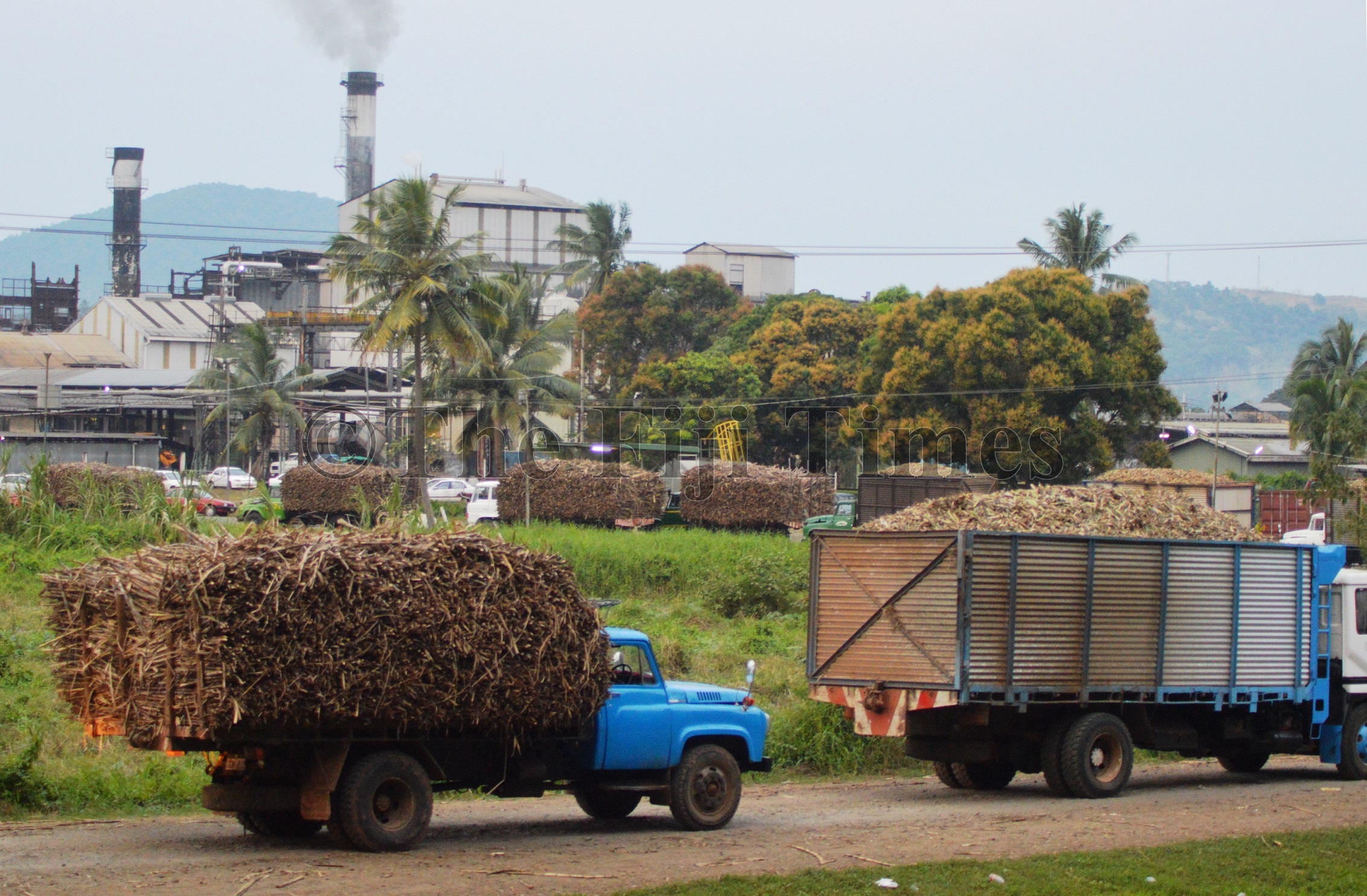Weak cashflows and the “extremely” limited borrowing ability have been identified by the Fiji Sugar Corporation to be a serious barrier to its pathway to the future.
The Corporation said this “deep stress” had led to regular borrowings at high interest rates, often to finance its normal operations, and reflected in the high annual average interest expenses of nearly $18million for the last few years.
FSC chairman Nitya Reddy cited particular concern to the continuing blowout in its debt levels of the last 20 years — from $7million in 2006 to $443m at the end of the financial year ending May 31, 2024; of which $156m was repayable in the next 12 months.
He said with that level of extreme exposure, not only was the FSC deemed to be insolvent but also forced to sustain itself on a regular dose of government guarantees. And worse, he said was the “very little” evidence of any prudent use of those funds into any long-term productive capital investments.
“Looking ahead, FSC has to continue its journey of transformation and growth with increased zeal and determination,” Mr Reddy said in the FSC 2024 annual report.
“The progress we have made in financial performance, operational efficiency, and strategic planning lays a strong foundation for that.
“FSC is fully focused on strengthening the value chain, from field to factory, to improve productivity and reduce costs. This includes investing in research and development to drive innovation in sugarcane agriculture and milling processes.”
Mr Reddy said the FSC could not sustain itself on its current crop, which was less than 15 million tonnes, and it was the responsibility of stakeholders to be committed to its recovery.



